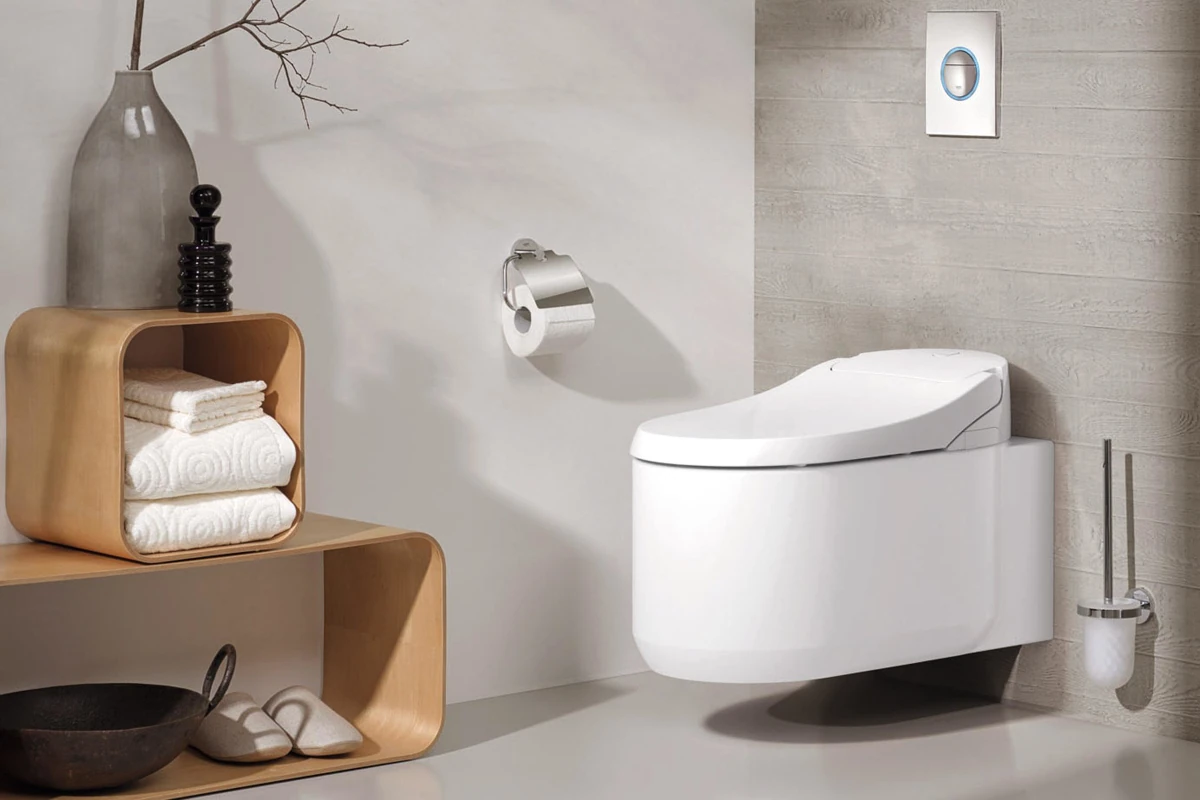In the ever-evolving landscape of home automation, toilet designs for smart homes have emerged as a pivotal aspect of modern living. As technology integrates seamlessly into every corner of our homes, the humble toilet has not been left behind. Whether you're an industry professional assessing quality assurance or a homeowner looking for the latest in convenience, understanding these advancements is crucial.
Smart toilets are no longer just about functionality; they're about enhancing the overall experience. From smart bathroom integration to eco-friendly innovations, these designs promise to transform your daily routine into a luxurious affair.

The Rise of Smart Toilets: Why Now?
In recent years, the surge in smart home technology has paved the way for intelligent bathroom solutions. The concept isn't entirely new, but the pace at which it has developed is staggering. With the advent of IoT (Internet of Things), the connectivity between devices has allowed toilets to become more than just a necessitythey are a part of the smart home ecosystem.
Today's toilet designs for smart homes offer features like self-cleaning, automated lid opening, and even AI-powered systems that adjust to user preferences. This level of customization and automation not only enhances comfort but also contributes to a more sustainable lifestyle by optimizing water usage and energy consumption.
Innovative Features of Smart Toilets
Smart toilets are redefining what it means to have a modern bathroom. Key features include:
1. Automated Cleaning and Maintenance
Gone are the days of manual cleaning. With innovations such as toilet cleaning robots, maintenance is now a breeze. These devices ensure that toilets remain hygienic with minimal effort from the user.
2. Water Efficiency
Environmental considerations are at the forefront of smart toilet design. Many models come equipped with dual-flush systems and sensors that optimize water usage, aligning with global sustainability goals.
3. Enhanced User Experience
From heated seats to adjustable water pressure and temperature, smart toilets cater to individual preferences. The integration of voice control and mobile apps further personalizes the experience.
Why Quality Assurance Matters
For industry professionals, the rise in smart toilet designs presents unique challenges and opportunities in quality assurance. Ensuring these products meet high standards is paramount, given their complexity and integration into the broader smart home ecosystem.
Quality assurance teams must focus on the reliability of IoT connectivity, the durability of materials, and the safety of automated features. In doing so, they contribute to the creation of products that not only meet consumer expectations but also push the boundaries of innovation.
The Future of Smart Toilet Innovations
The journey of smart toilets is far from over. As technology continues to advance, we can expect even more groundbreaking features. Concepts like health monitoring through built-in sensors and integrated bidet systems are on the horizon, promising to make our bathrooms not just smarter, but also healthier.
External experts such as Gates Notes highlight the importance of ongoing research and development in this field, emphasizing the potential impact on global sanitation standards.
Conclusion: Embracing the Future
As we stand on the cusp of a new era in home design, toilet designs for smart homes encapsulate the spirit of innovation and comfort. For those in the industry, staying abreast of these trends is essential for both personal growth and professional development. As smart toilets continue to evolve, they offer a glimpse into a future where technology and everyday living are harmoniously intertwined.

FAQs
1. What are the key benefits of smart toilets?
Smart toilets offer numerous benefits including enhanced comfort, improved hygiene, water efficiency, and the ability to personalize user settings.
2. How do smart toilets contribute to sustainability?
By optimizing water usage with dual-flush systems and integrating eco-friendly materials, smart toilets significantly reduce environmental impact.
3. What should quality assurance professionals focus on in smart toilet designs?
QA professionals should concentrate on the reliability of connectivity, the durability of materials, and the safety of automated features to ensure high-quality products.
This article contains affiliate links. We may earn a commission at no extra cost to you.






